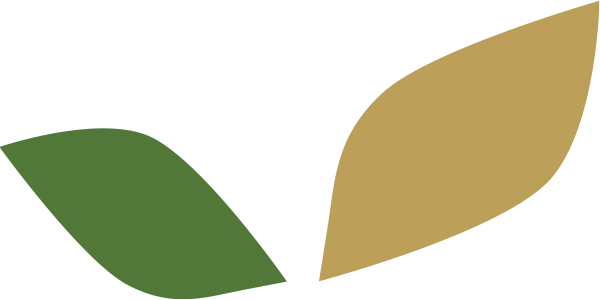Timber & Lumber Woods
Lumber or timber is a type of wood that has been processed into beams and planks, a stage in the process of wood production. Lumber is mainly used for structural purposes but has many other uses as well.
Description
Birch timber is sourced from birch species like Betula Pendula (lat. Betula Pendula) and Betula Pubescens (lat. Betula Pubescens). Other Birch species also grow in Central Europe however due to their small size (grow short) they have no economic value.
Most birch density would be approximately about 650 kg/m³ (with moisture level content of 12-15 %). Due to this physical makeup, birchwood maintains the stress grades of an average to high-density timber species. The birch lumber has a medium hardness, being elastic and viscous, and is highly resistant when folded and difficult to split.
Birch is relatively easy to treat with hand tools, and quite widely in handcrafting. Machine processing used to plane, mill and more can be used to manufacture bent timber details with often outstanding results.
Birch Timber boasts excellent bending properties while maintaining it’s hard to split integrity. General manipulation practices include gluing, nailing, and screwing birch wood details together or with other materials.
Durability and Treatment
Birch lumber needs to be treated with special protection to be used in a high humidity environment and to protect it against potential rots and fungi. Properties of wood Betula Pendula and Betula Pubescens are very similar. Fluffy birch species are of finer fiber and produce harder wood.
Unedged or edged Birch lumber
Grade: AA, AB, ABC
KD 8-10%; 12%; 18%; or Fresh Sawn
Thickness: 28mm (unedged) or up to 25mm for edged
Length: up to 3.0m
Rough sawn, S2S, or S4S planed.






Reviews
There are no reviews yet.